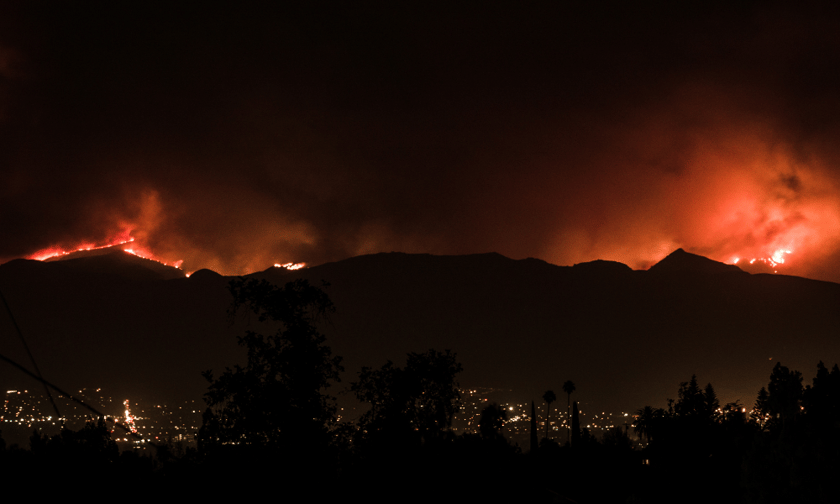

These losses are net of the per occurrence reinsurance program and gross of tax, excluding the Farmers share of FAIR Plan losses and around $250 million in reinstatement premium payments.
In a statement, Farmers Exchanges said that its approach to managing its coverage portfolio in the state, its strong capital base and its comprehensive reinsurance program allowed it to effectively manage potential losses from this event.
“With deep roots in Southern California, the Farmers Exchanges remain dedicated to supporting the recovery process for all their customers, employees, and communities impacted by the devastating fires,” the company said. “The Exchanges also want to reaffirm their previously announced commitment to expand coverage options in California.”
The scale of the catastrophe has prompted Insurance Commissioner Ricardo Lara to approve the California FAIR Plan’s request for a $1 billion assessment of the state’s property insurers. The funds are intended to sustain claim payments for the Los Angeles wildfires, which damaged or destroyed more than 16,250 structures last month.
Lara said that without this assessment, the association risks insolvency by the end of March due to insufficient retained earnings or net reinsurance proceeds for claims and operating expenses.
In a recent commentary, AM Best noted that prior to the wildfires, policyholders in California had increasingly turned to the state’s insurer of last resort and the non-admitted market for homeowners’ coverage due to reduced availability from primary insurers.
Given increased wildfire losses in recent years, many insurers in the voluntary market reassessed their geographic diversification and reduced their homeowners' insurance exposure in high-risk areas. This shift has led more policyholders to seek coverage through surplus lines insurers, which have become more prevalent in the state's homeowners' insurance market, the report said.
